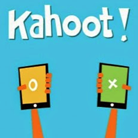Uncategorized
Uncategorized
 04
04Feb
Stephanie Carlson’s Biggest Loser Challenge!
PSI’s Registered Nurse Stephanie Carlson has started her annual biggest loser contest between several Horizon/Concept Schools: Denison Elementary Cleveland, Denison Middle Cleveland and Noble Academy Euclid. Who will be the biggest Loser?
 04
04Dec
Helping Children Cope with Terrorism
All of us at PSI have been distressed and saddened by the on-going national and world events involving terrorism and other mass killings. Our partner schools often come to us for advice on properly communicating with students about these tragic events.
 24
24Nov
Legislation Update: Asthma Inhalers House Bill 39
Stock Asthma Inhalers for Schools House Bill 39 goes into effect Feb 1st. A few key features of the law are noted here on the PSI site for your information.
 24
24Nov
New Brief from NCSSLE on School-Based Physical Fitness
The National Center on Safe Supportive Learning Environments (NCSSLE) just released a new brief outlining the growing body of evidence related to the value of school-based physical fitness.
 26
26Oct
Kahoot it!!!!
The following is an article written by Dorinda Contreras describing the use of fun teaching tool that can be applied to many of the PSI discipline areas… How do I Kahoot it? My Glory! What is a Kahoot? How can I use it in my classroom? Will it be so complicated I will just say, […]
 16
16Oct
SEVEN TIPS TO TAME TEMPER TANTRUMS!
Pasta discipline. This technique starts with a large jar and a few boxes of macaroni—small elbow macaroni works best. When students are all working together well or independently on a task, grab a handful of macaroni and dump it into the jar as a reward. When the jar is full, the students have earned […]
 15
15Oct
Two PSI employees will be presenting at the Ohio Catholic Education Association Annual Meeting
PSI’s Karen Heichel and Karen McKelvey will be presenting at the Ohio Catholic Education Association (OCEA) annual state conference on November 13, 2015.
 14
14Oct
Focus on Commitment: Rick Dillman
For the past 23 years Rick Dillman has been the Director of Pupil Services for the Bedford School District. It has been a long journey in education that began 47 years ago, 1968 to be precise, when he began his career. Having graduated Union College of Barberville, Kentucky with a degree in History and a […]
 14
14Oct
PSI is a proud sponsor of LifeAct’s 12th Annual Into the Light Walk
PSI is very proud to be one of the sponsors of such a fantastic event. LifeAct brings awareness to our schools for recognizing teen depression, and preventing suicide. LifeAct recently held it’s 12th Annual Into the Light Walk, if you would like to find out more about lifeAct click here. It is only about 4 minutes […]
PSI hosted a career event on June 10th, 2015
If you missed the event but still want to review what jobs we have available click here. Come and Join us for our PSI Career Event on Wednesday, June 10, 2015 from 10a.m. to 2p.m. at The Crowne Plaza Hotel in Independence, OH. PSI is looking for School Psychologists, Guidance Counselors, Education Specialists, PT and […]

Recent Comments